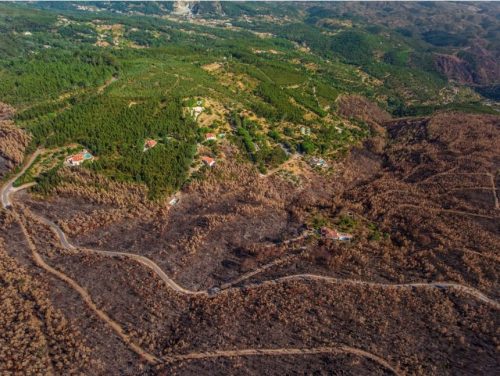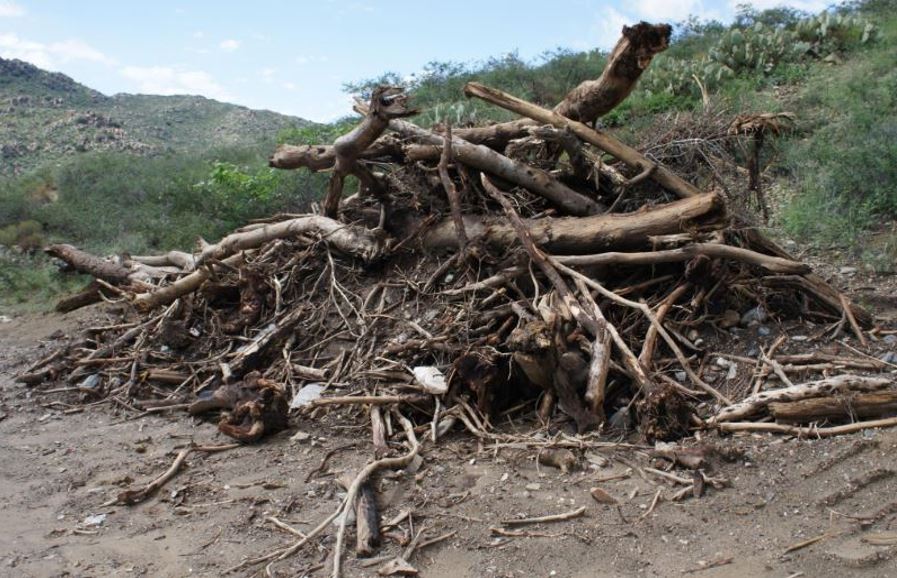
The European Commission has approved a €320 million scheme to support biomass energy installations in Portugal. The installations will be near forests that are at high risk of fires.
The Commission regards the locations as ‘critical’ due to the risk of forest fires. They will be cogeneration installations. In other words, they will produce electricity and also combined heat and power.
Why have biomass energy installations near forests?
The Commission hopes that the measure will encourage forest owners to clear high-risk forests of debris. If they use forest residues to produce biomass energy, the risk of a forest fire is lower.
According to a European Commission press release:
“The aid will be provided in the form of a feed-in premium (a top-up payment over the market price) to the selected installations for every unit of electricity produced, as well as an environmental tariff premium (called PDIF) linked to the use of biomass from Portuguese forests in the “critical areas.'”
“The scheme will run for 15 years and have a budget of around €320 million and will be funded via an increase in energy tariffs.”
The measure meets the requirements of the 2014 Guidelines on State Aid for Environmental Protection and Energy, the Commission concluded.
It will help Portugal boost the proportion of electricity it generates from renewable energy sources. It needs to do this to meet climate targets.
Renewable and biomass energy
Renewable energy comes from sources that are everlasting. In other words, they never run out. ‘Everlasting,’ in this context, refers to a human timescale, not a geological or astrophysical timescale.
Biomass energy is fuel that is developed from organic materials. Forest debris, scrap lumber, and manure, for example, are biomass fuels. We also use some household waste and certain crops as biomass fuels. Biomass uses renewable energy.
Other examples of renewable energy include solar energy, wind energy, and geothermal energy. Hydropower is also a type of renewable energy.

